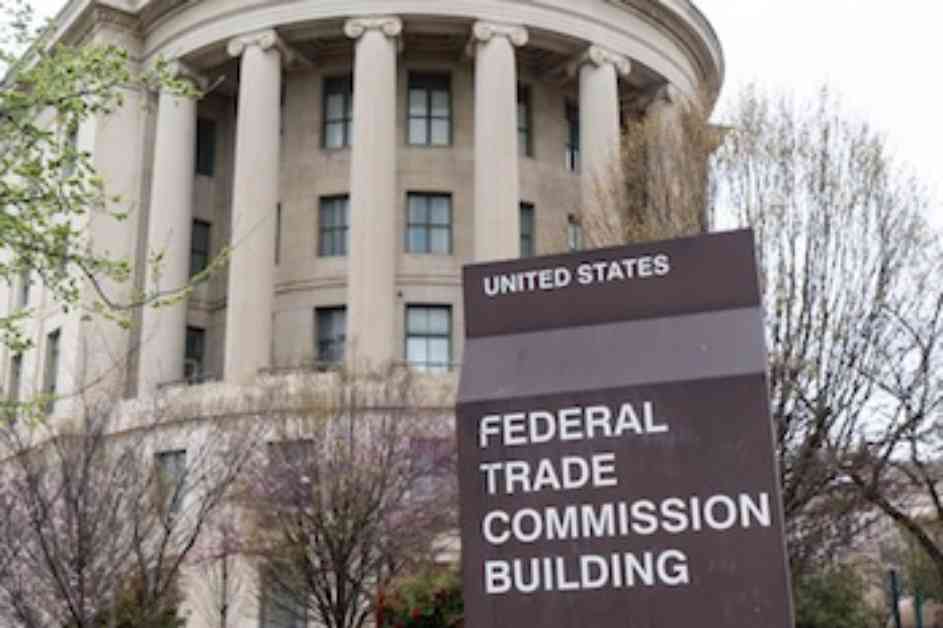Last week, U.S. District Judge Ada Brown of the Northern District of Texas issued a memorandum opinion supporting a preliminary injunction against the Federal Trade Commission’s (FTC) final rule banning non-compete provisions in U.S. employment contracts. This ruling is seen as a victory for business interests and intellectual property advocates concerned about the impact on trade secret protection in the country.
Since the FTC announced its proposed rule earlier this year, industry stakeholders have raised concerns about how it could affect businesses that rely on trade secrets for intellectual property protection. The FTC’s rule goes further in banning non-compete agreements compared to recent legislation in California, which has already seen an increase in trade secret litigation due to its new law. Despite opposition, the FTC approved the final rule in April with a 3-2 vote.
Ryan LLC, a global tax service provider, filed a lawsuit challenging the FTC’s non-compete rule shortly after it was approved. The U.S. Chamber of Commerce and other business associations joined the suit as plaintiff-intervenors. The lawsuit questioned the FTC’s authority to implement the rule and argued that the agency’s decision was arbitrary and capricious under the Administrative Procedure Act (APA). In May, Ryan and the intervenors requested a preliminary injunction to stop the enforcement of the rule.
Judge Brown’s memorandum highlighted that the plaintiffs had a strong case challenging the FTC’s statutory authority to create the rule. The judge emphasized that Section 6(g) of the FTC Act does not provide the agency with the authority to pass substantive rules like the non-compete ban. While the FTC argued that Section 6(g) allowed them to make rules for carrying out the provisions of the FTC Act, Judge Brown disagreed, stating that the statute only pertains to agency procedures and practices.
Furthermore, Judge Brown criticized the FTC’s non-compete rule under the APA’s arbitrary and capricious standard, calling it overbroad and lacking consideration for less disruptive alternatives. The judge noted that the FTC’s economic impact studies did not adequately support the need for a complete ban on non-compete agreements. Additionally, Judge Brown found that the rule failed to address the impact on competition effectively.
Regarding the request for a nationwide injunction, Judge Brown decided to limit the relief to the parties involved in the case, citing a lack of proper briefing on associational standing for the intervenors. While the plaintiffs sought nationwide relief, the judge found that they had not provided enough support for such a broad injunction. This decision aligns with previous rulings that have raised concerns about standing and redressability in cases seeking nationwide relief.
In conclusion, Judge Brown’s ruling on the preliminary injunction against the FTC’s non-compete ban represents a significant victory for opponents of the rule. The decision highlights the importance of statutory authority and careful consideration of the impact of agency rules on businesses and competition.















